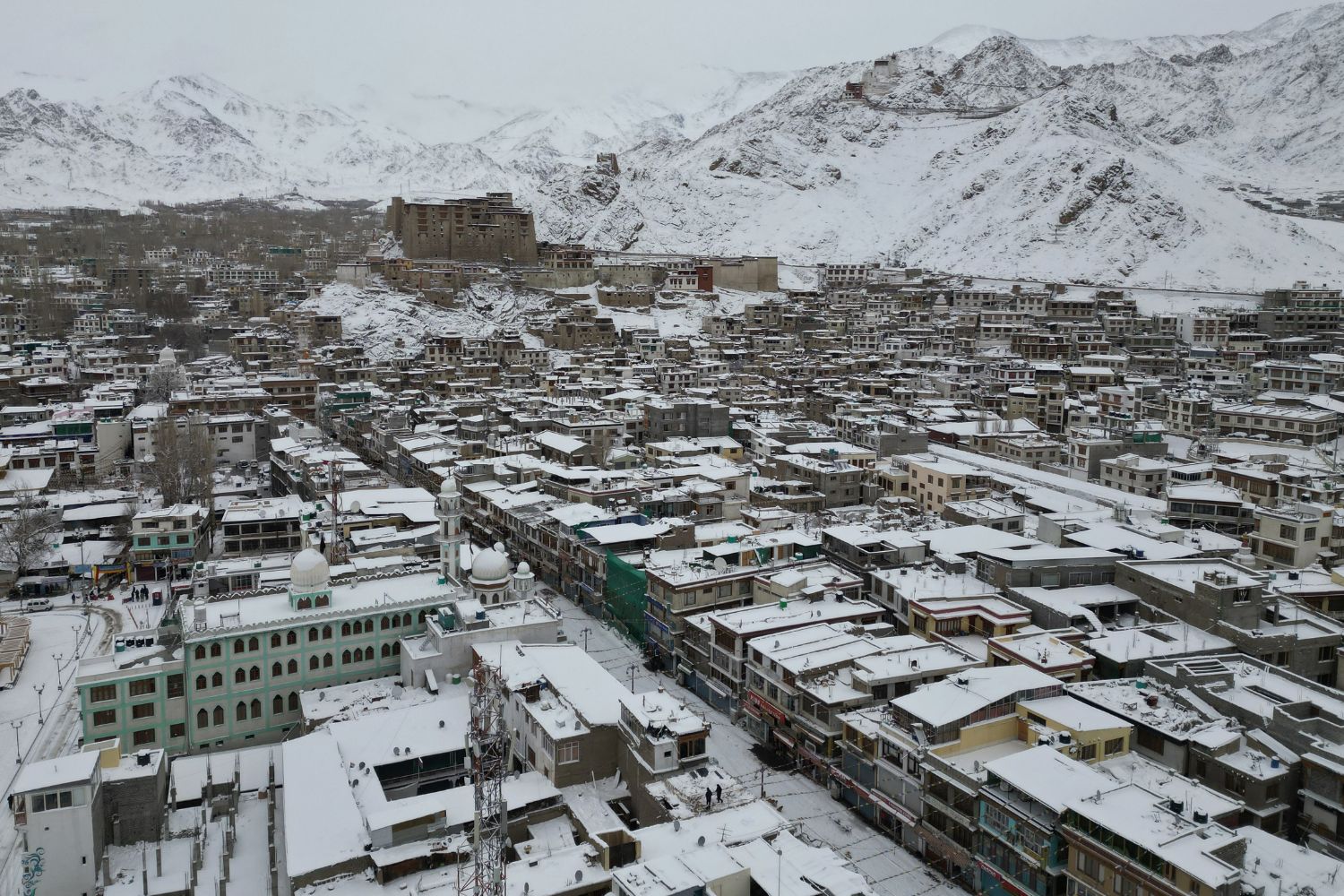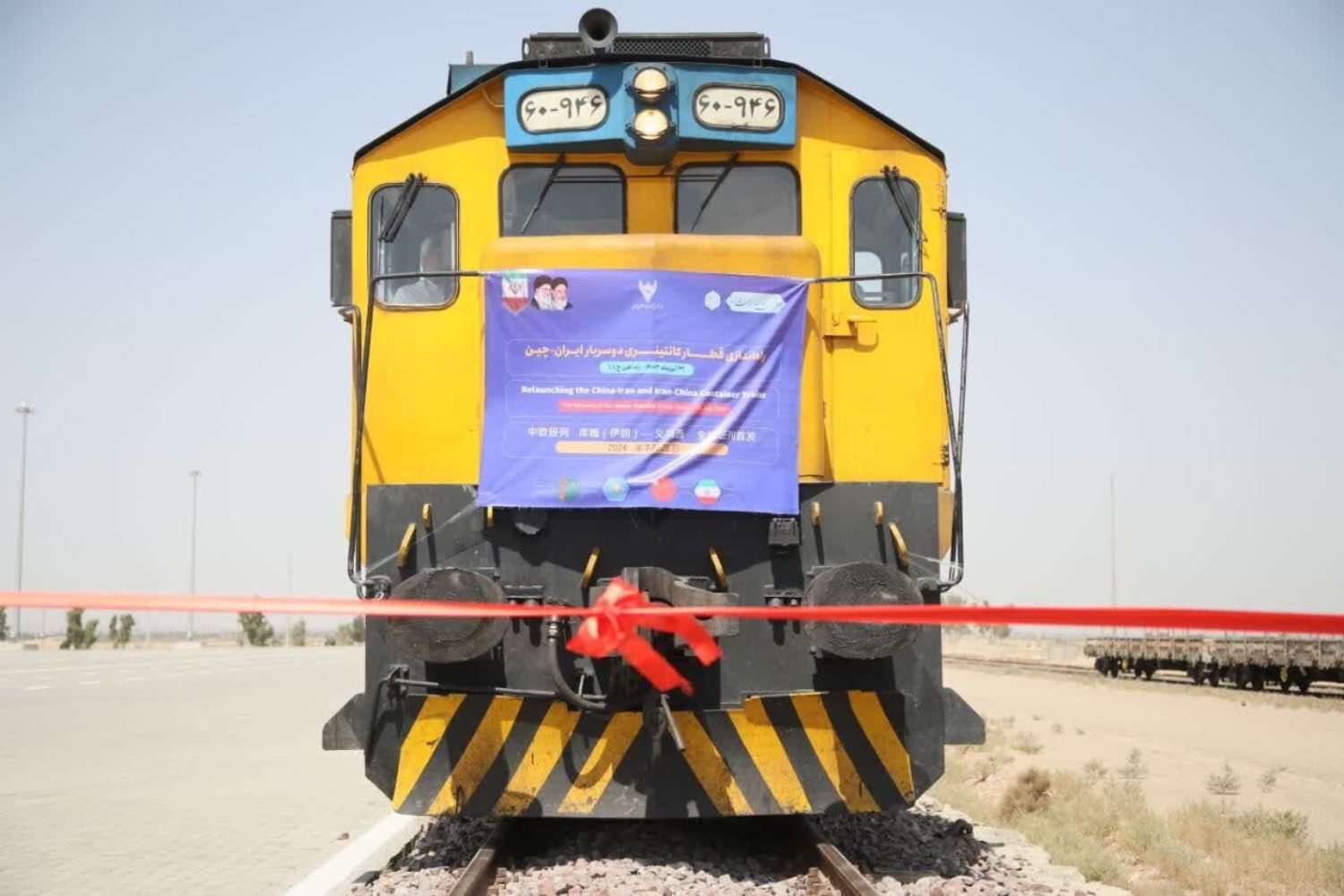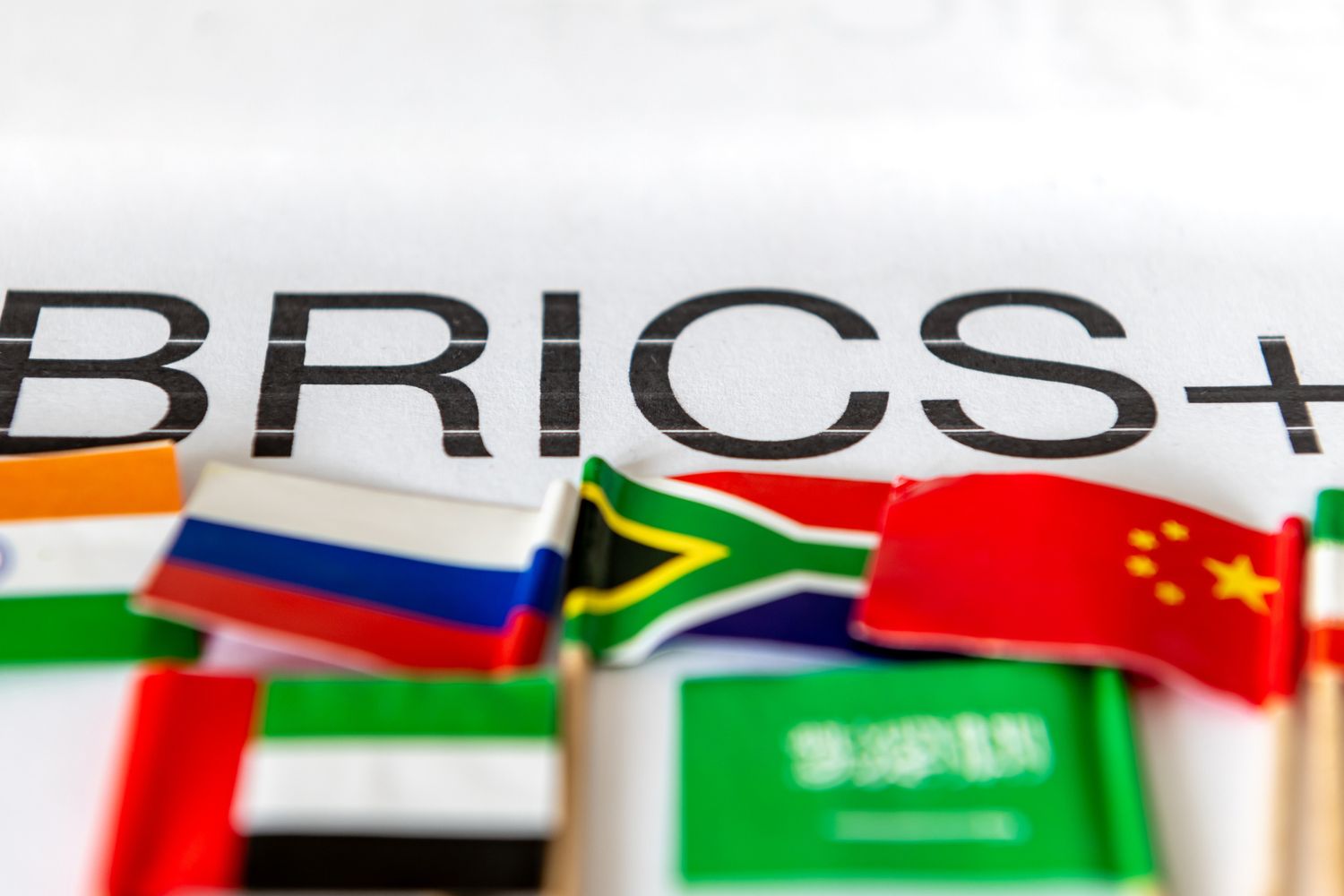In a heartening display of inclusivity and democracy, a family residing in the remote Himalayan region of India has been granted their own polling station for the Indian elections. This remarkable development highlights the commitment of India’s electoral authorities to ensure that every eligible citizen, regardless of their geographical location, can exercise their fundamental right to vote.
A family of five residing in a remote Himalayan village found their voices heard in the current Indian election when electoral officials showed up at their doorstep. Undertaking a gruelling seven-hour journey to reach the village, these dedicated officials left no stone unturned to ensure that every eligible citizen could exercise their fundamental right to vote.
Overcoming logistical challenges along the way driving in tough terrain, the officials had to secure power connection from the military in order to facilitate the democratic process for the family of five to vote. From 19th April to 1st June 2024, India has embarked on a monumental journey as it conducted general elections in seven phases to elect all 543 members of the Lok Sabha, the lower house of Parliament.
With the eyes of the nation and the world upon it, India undertakes the largest-ever electoral process in history, surpassing the scale and scope of previous elections. The significance of this democratic exercise cannot be overstated, as millions of voters from diverse backgrounds and regions participate in shaping the nation’s collective future.
Warshi’s geographical proximity to the Siachen Glacier adds a poignant dimension to this extraordinary tale. Situated just 20 kilometres from the glacier, which serves as the world’s highest battlefield, the village lies at the intersection of geopolitical significance and everyday democracy, highlighting the resilience of its residents amidst challenging circumstances.
The village of Warshi faces a myriad of challenges due to the absence of basic amenities such as electricity, healthcare, and internet connectivity. The lack of electricity infrastructure not only impedes daily life but also poses significant challenges for economic development and quality of life. Residents are forced to rely on alternative sources of energy, limiting access to modern conveniences and hindering educational and economic opportunities.
The absence of adequate healthcare facilities further extends the vulnerability of Warshi’s residents to health-related issues. In the event of medical emergencies, villagers must endure long and treacherous journeys to access even basic medical care, putting lives at risk and health disparities. In an increasingly interconnected global society, the digital divide further marginalised communities like Warshi, hindering socio-economic progress and perpetuating the longstanding inequalities of the country.
The spectre of inequality looms large over the electoral landscape, posing formidable challenges to the nation’s quest for inclusive development and social cohesion. While political parties trade promises and vie for power, addressing the root causes of inequality must remain a central focus of the electoral discourse.
These challenges underscore the urgent need for targeted interventions and investment in infrastructure and services to address the fundamental needs of not only Warshi’s residents but also other remote and rural areas.
Access to reliable electricity, improved healthcare facilities, and internet connectivity are not only essential for enhancing quality of life but also for fostering inclusive development and empowering communities to thrive in the modern world. As the world’s largest democracy, India’s electoral process commands global attention, and the 2024 Indian elections stand as a pivotal moment in the nation’s democratic journey.
With its diverse population, complex socio-political landscape, and vibrant democratic traditions, India’s electoral outcomes carry significant implications not only for the country itself but also for the broader region and the world at large. The 2024 Indian elections represent a watershed moment in the country’s democratic evolution, offering an opportunity for reflection, renewal, and reaffirmation of democratic values.
Addressing the multifaceted inequalities that plague Indian society requires a comprehensive and multi-dimensional approach. Policy interventions aimed at reducing income disparities, expanding access to education and healthcare, bridging regional divides, and combating discrimination are essential for fostering inclusive growth and ensuring that no one is left behind.
Furthermore, empowering marginalised communities, promoting social cohesion, and fostering participatory decision-making processes are crucial for building a more equitable and just society. As India continues its journey towards socio-economic development, tackling inequalities must remain a central priority to realise the full potential of its diverse populace and achieve sustainable and inclusive growth for all. Amid anticipation, India continues its democratic voyage as the world eagerly awaits the outcome of its historic general elections.
ALSO READ: Latest updates on the Indian election: key developments and challenges













